Don't wanna be here? Send us removal request.
Photo

How we make moral decisions
In some situations, asking “what if everyone did that?” is a common strategy for judging whether an action is right or wrong.
By Anne Trafton
Imagine that one day you’re riding the train and decide to hop the turnstile to avoid paying the fare. It probably won’t have a big impact on the financial well-being of your local transportation system. But now ask yourself, “What if everyone did that?” The outcome is much different — the system would likely go bankrupt and no one would be able to ride the train anymore.
Continue Reading
17 notes
·
View notes
Photo

Opinion: Why science needs philosophy
By Lucy Laplane, et. al.
Despite the tight historical links between science and philosophy, present-day scientists often perceive philosophy as completely different from, and even antagonistic to, science. We argue here that, to the contrary, philosophy can have an important and productive impact on science.
Continue Reading
21 notes
·
View notes
Photo

Walking into the February faculty meeting like:
49 notes
·
View notes
Photo

Preparing students to discuss ‘White fragility’ like:
27 notes
·
View notes
Photo
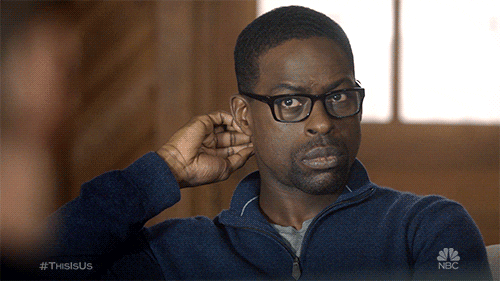


Zoom meetings with white faculty/staff trying to figure out “our next steps to be more inclusive in today’s environment”, is just like:
25 notes
·
View notes
Photo

When students argue about an ethical dilemma in my class, but they are both wrong, I’m just like:
21 notes
·
View notes
Text
My blind and deaf dog is sitting on the other couch unaware that I’m four feet away but if I get up to get her I’ll dislodge my other dog, who is sitting on my legs
37 notes
·
View notes
Photo
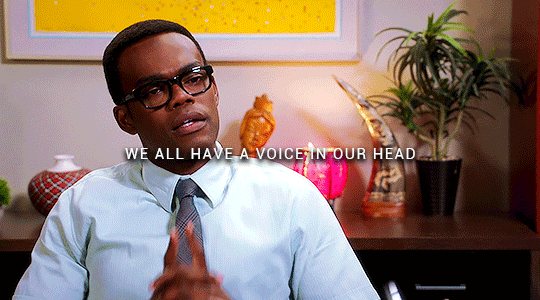
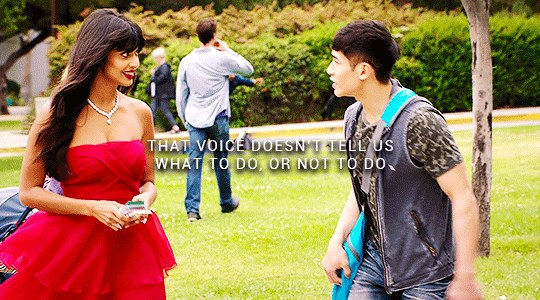
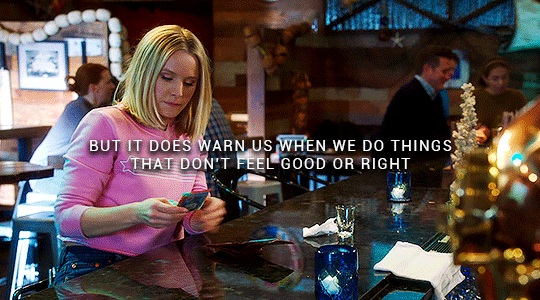
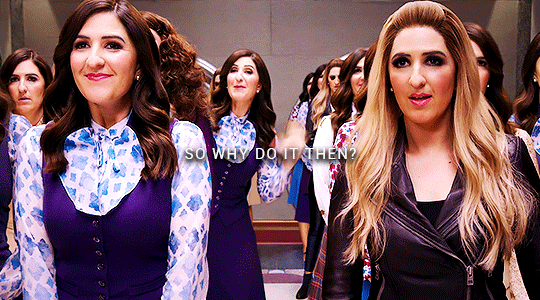
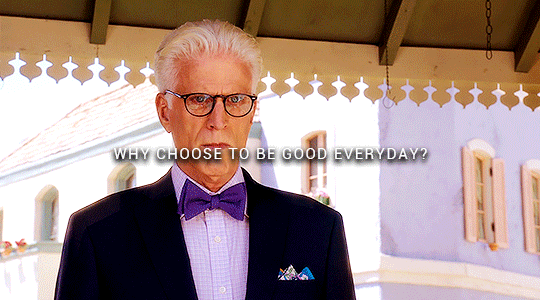
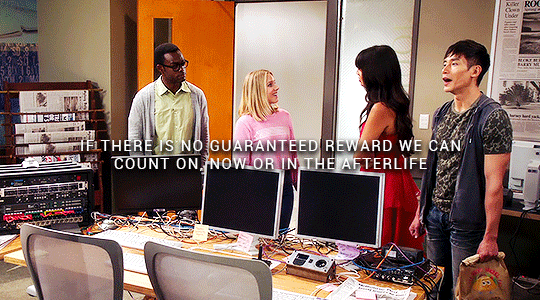
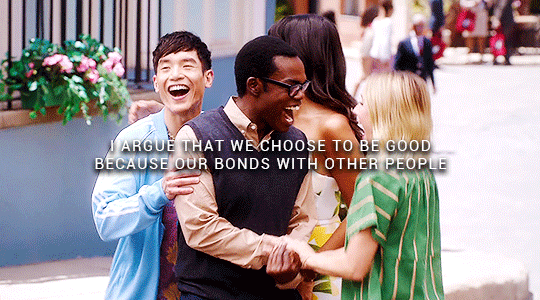
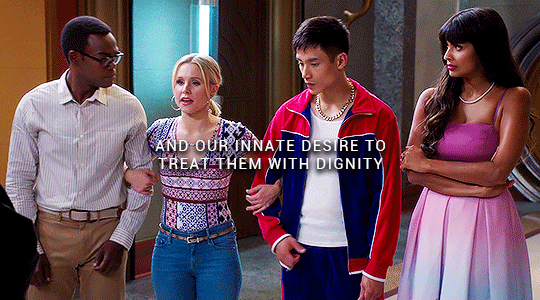
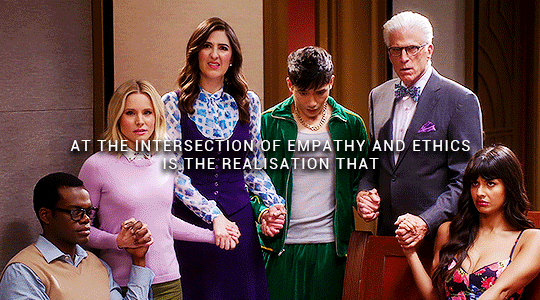
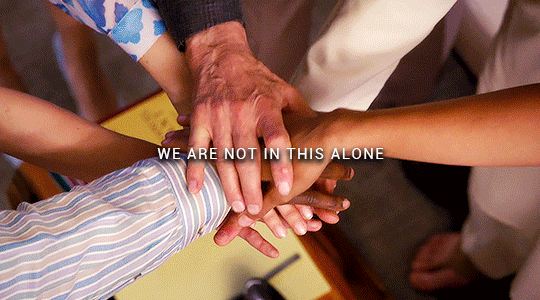
The Good Place Appreciation Week
Day 6: Favorite Lesson
↳ What do we owe to each other
15K notes
·
View notes
Photo
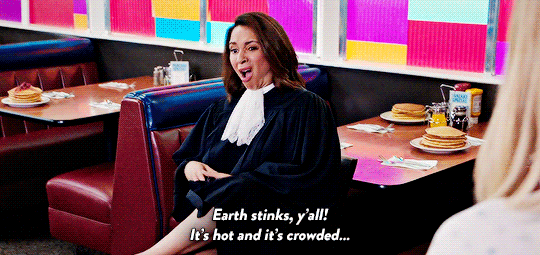
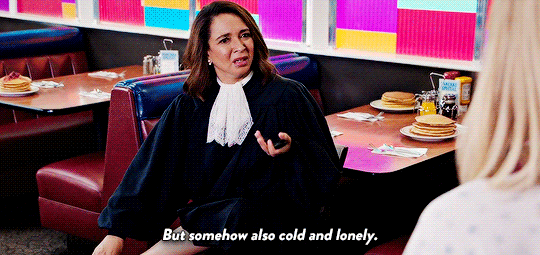
Earth stinks, y’all! It’s hot and it’s crowded…but somehow also cold and lonely.
16K notes
·
View notes
Text
References
My reference list since this blog series couldn't have been written without the help from these researchers.
Bar-Tal D. (1989) Delegitimization: The Extreme Case of Stereotyping and Prejudice. In:
Bar-Tal D., Graumann C.F., Kruglanski A.W., Stroebe W. (eds) Stereotyping and Prejudice. Springer Series in Social Psychology. Springer, New York, NY. https://doi.org/10.1007/978-1-4612-3582-8_8
Boyle, R. (2009). Sport, the Media and Popular culture. In R. Boyle, & R. Haynes, Power Play: Sport, the Media and Popular culture . Edinburg: Edinburg University Press.
Cooley, C. H. (1922). Human nature and the social order. New York: Scribner.
Desmond-Harris, J. (2015, February 16). What exactly is a microaggresion? Vox. https://www.vox.com/2015/2/16/8031073/what-are-microaggressions
Giulianotti, R. (2016). Sport: A critical sociology. Cambridge: Polity Press.
Hawkins, B. (2010). The New Plantation. New York: Palgrave Macmillan.
Houston, C. (2020). Theorizing influence: Pop culture meets sport studies [Lecture notes, PDF
document]. Quercus. https://q.utoronto.ca/courses/180550/files/8930271?module_item_id=1809366
Rada, J. A., & Wulfemeyer, T. K. (2010, June 7). Color coded: racial descriptors in television coverage of intecollegiate sports. Journal of Broadcasting & Electronic Media, 49(1), 65-85.
Sailes, G. A. (1991, June). The myth of black sports supremacy. Journal of Black Studies , 21(4), 480-487.
Weller, C. E. (2019, December 5). African Americans face systemic obstacles to getting good jobs. Centre for American Progress. https://www.americanprogress.org/issues/economy/reports/2019/12/05/478150/african-americans-face-systematic-obstacles-getting-good-jobs/
0 notes
Text
What Now? 6/6
This post is the last in the series of posts. By now, it should be evident that the myth of physically superior, mentally inferior has infiltrated different pop culture components. But now what? Well, it seems that as the years go on, we praise ourselves for moving on from slavery and prejudices and believe that we all love one another. Obviously, this is a false narrative that you could easily fool yourself into thinking. Black athletes continue to be harmed by the myths that originated from the disgusting process of racial delegitimization. The myth has infused into various pop culture components, and young black boys and girls will grow up believing this narrative that has been assigned to keep them in a subordinate position. To deinstitutionalize this false myth from our society, we as non-black individuals must be educated on the stereotypes' historical, social, and political impacts.
0 notes
Text
The Black Body in Movies 5/6
I think I can confidently say that everyone loves movies because they let us live a fantasy. Movies have so much power, which is evident in massive fandoms that movies have like Star Wars and Harry Potter have. Nowadays, movies are accessible in infinite ways, which makes them quickly integrated into pop culture. Considering that movies are a massive part of pop culture and pop culture reflects the masses' ideas and attitudes, what does it mean when movies portray racist stereotypes derived from delegitimization?
The blind side is one of the many movies that characterizes black athletes as physically superior but mentally inferior. In the Blind Side, a young black boy is taken in by an affluent white family who discovers that he is talented at football but struggles academically. The movie is based on the real-life of Michael Oher, an NFL player who was drafted to the Baltimore Ravens. This movie is heartwarming on a superficial level, but we see that The Blind Side is just another perpetrator of racial delegitimization when looking beyond this level. Pop culture has been compared to a snapshot of a specific period; as mentioned before, it reflects society's idea, attitudes, and beliefs. Keeping in mind the snapshot characteristic of pop culture, we see black athletes as an inferior group due to them perceived as mentally inferior. The political implication of reproducing that stereotype is that it keeps black people in positions of subordination. As society does not think black people can do the job. White people will continue to be in positions of power such as franchise owners and coaches, and continue to push their domination upon black athletes. Cooley’s looking glass theory states that one’s self is based on the interactions we have with others, so negative regards from others will lead to negative self-regard (1922). The movies we are watching and making popular right now are creating negative regards that preserve the same delegitimization ideologies that rationalized slavery. The result of these interactions will lead to black people accepting the negatives stereotypes and seeing themselves as intellectuality inferior.
0 notes
Text
The Black Body in Magazines 4/6
Vogue, Sports Illustrated, Time, Us Weekly are some of the more recognizable magazines in pop culture. Pop culture is the location where collective and social understandings are created and attempt to persuade people to see the word in a particular way (Houston, 2020). Magazines are widely distributed, enabling them with the power to spread various ideologies to the masses. The distribution of ideologies can work to manipulate individuals' thoughts and feelings towards certain aspects. The power the media holds is dangerous, mainly if that power is used to reinforce discriminatory ideas.
April 2008, Vogue released its monthly issue with Lebron James and Giselle Bundchen donning the front cover. The cover created controversy because it depicted James as King Kong and Bundchen as a damsel in distress. Historically black people have been compared to gorillas and brutes due to colonizers perceiving black people as undomesticated primates with strength ideal for manual labour (Hawkins, 2010). Francois Bernier validated the comparison of black people to primates/gorillas in the 1600s. Bernier created a hierarchy of physically distinct human beings that ranked white Europeans at the top of the chain and black people at the bottom of the chain, only two links above apes, and one link above orangutans (Hawkins, 2010). The hierarchy of physical distinctness legitimized black people as subordinates (Hawkins, 2010). Vogue depicting James as King Kong is historically impactful because it allows the comparison of black people to primates to continue existing in our culture, supporting the stereotypes delegitimization produced.
Hegemony theory explains the techniques and methods that dominant groups in society use to secure their dominant position by enforcing their ideological consent rather than physical coercion of inferior groups (Giulianotti, 2016). When pop culture and media continuously produce images that reinforce the stereotype, it becomes normalized because individuals are regularly consuming the idea. The media tells white people that they are intellectually superior, which places them in the dominant group, and black people are persuaded to believe they don't have the same mental capabilities because of the message in pop culture. In other words, if you tell someone something enough times, they will eventually believe it. The Vogue cover and other aspects of pop culture that continue to reinforce those the stereotype created by racial delegitimization shows us that the elimination of racial prejudice needs much more progress. "Black athletes today are not immune to the historical mistreatment of their ancestors" (Hawkins, 2010).
0 notes
Text
The Black Body in TV 3/6
Black people have not always been allowed to play professional sports, so black athletes' heavy presence now would suggest that sports achieved racial equality, but that is a myth. Nowadays, racial inequality is not overtly present and very lowkey unless you are aware of microaggressions. Microaggressions are everyday slights and indignities that put down and insults marginalized people (Desmond-Harris, 2015). Microaggressions have become normalized in our society, so most people are not mindful of them. Microaggressions towards black athletes are evident in the comments of sports broadcasters during televised games. Sports broadcasters will use vocabulary that places mental superiority on white athletes and physical superiority on black athletes.
A study conducted on the coverage of the men's NCAA Division 1-A intercollegiate football and basketball games reported that black athletes received 92% of negative comments, and 92% of the comments about black athletes pertained to their physicality compared to white athletes (Rada & Wulfemeyer, 2010). Some words used to describe black athletes were aggressive, beast, savage, workhorse, explosive, etc.
Describing black athletes using savage, beast, and workhorse has a historical background that needs to be acknowledged. When white colonizers delegitimized black people, they used the same characteristics to validate the use of slaves (Sailes, 1991). The delegitimizing words that were used to validate slavery continue to circulate pop culture through sports. Commentators may not be conscious of their microaggression, but their words carry historical and social impact. Focusing on black athletes' physicality perpetuates the idea the black people only hold their value in their physical ability. It is well documented that the media, tv, and press play a central role in the production, reproduction and amplification of ideologies; therefore, this power can control how society views and treats black athletes (Boyle, 2009). When sports commentators only focus on black athletes' athletic ability, it reinforces black people's subordinate position in society to benefit the dominant group (white people) (Boyle, 2009). If the sports commentators continue to use the prejudicial langue of colonizers, we as a society can never conquer the racist ideologies to attain racial equality.
Socially, the hyper-focus on the black body's natural physical superiority can be very damaging to the black community (Sailes, 1991). The hyper-focus diminishes the value of the hard work black people must do to overcome systemic social barriers they face due to their skin colour. Black people face higher unemployment rates, lack of resources, and discrimination in America (Weller, 2019). With all arbitrary and deliberately contrived social barriers, black people must face it; it is insulting to perpetuate that black people are better at sports because of their "natural talent.” Black people had to work double, even triple as hard as white people to make it into professional sports and should be talked about with the same respect that white commentators give white athletes. Televised sports are part of pop culture, which inherently is made to appeal to the masses. If sports commentators continue to discuss black athletes as they do now, pop culture will continue distributing historical and social implications that contribute to myths stemming from racial delegitimization
0 notes




